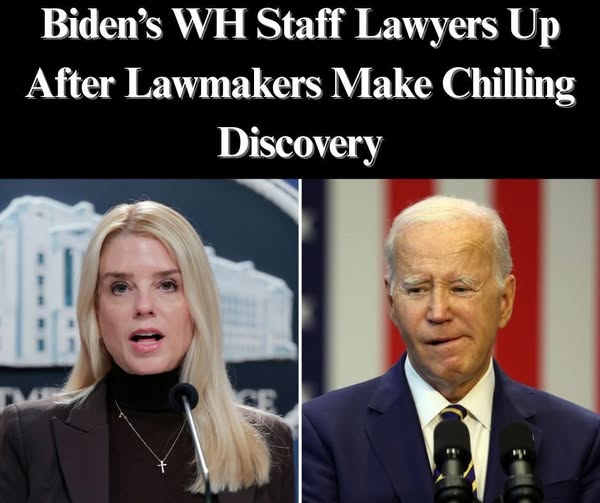
Former President Barack Obama criticized prominent law firms for yielding to the Trump administration in order to protect their careers and fund their extravagant lifestyles.
During a private fundraiser in New Jersey on Friday, Obama expressed his discontent that some of the leading legal institutions in the country had “set aside the law” in reaction to President Donald Trump’s actions, as reported by Business Insider.
Obama remarked that certain lawyers were capitulating to Trump not out of fear of imprisonment, but rather due to the potential loss of a few clients and the inability to complete renovations on their homes in the Hamptons.
“I’m not impressed,” Obama stated, according to MSNBC.
Obama’s ties to Big Law trace back to his tenure at Harvard Law School, where he interned as an associate at Sidley & Austin following his first year.
Prior to embarking on his political journey, he practiced civil rights law at the Chicago-based litigation firm Miner, Barnhill & Galland, as noted by Business Insider.
Since February, Trump has enacted executive orders aimed at major law firms such as Paul Weiss, Perkins Coie, and Covington & Burling. These orders accused these firms of manipulating the judicial system, revoked their security clearances, and initiated reviews of their government contracts.
Some firms, including Paul Weiss and Kirkland & Ellis, chose to comply, agreeing to undertake pro bono legal work for conservative initiatives. Conversely, others, such as Perkins Coie and WilmerHale, resisted and filed lawsuits contesting the administration’s measures, as reported by the outlet.
In his comments, Obama also condemned universities that chose to reach compromises with the Trump administration.
Obama’s alma mater, Columbia University, ultimately succumbed to the demands of the Trump administration after confronting a $400 million reduction in federal funding. The administration asserted that the funding was cut due to the university’s inability to tackle anti-Semitism during campus protests regarding Israel’s conflict in Gaza.
“If your core mission, if your core value is to teach, you may teach without compromising values of academic independence. Yes, you may temporarily lose some grant money. That’s why you have those substantial endowments,” Obama remarked last week.
In the meantime, Obama has persisted in his critique of President Trump and his administration.
While speaking at The Connecticut Forum on June 17, Obama cautioned that the United States was perilously close to descending into autocracy under Trump. “We’re not there yet completely, but I believe that we are alarmingly close to normalizing such behavior,” Obama stated.
Former President Joe Biden, on the other hand, is justifying his choice to utilize an autopen for signing his final pardons, elucidating the administration’s reasoning for using the device in a recently released interview.
The discussion with The New York Times specifically addressed his use of the autopen to carry out the last set of clemency actions at the end of his term. During those concluding weeks, Biden granted pardons and clemency to over 1,500 individuals, which the White House characterized at the time as the largest single-day clemency act by any U.S. president.
In his interview, Biden informed the Times that he “made every decision” independently. “We’re discussing [granting clemency to] a significant number of people,” Biden conveyed to the publication.
However, the Times reported that the then-president “did not individually approve each name for the categorical pardons that applied to large groups of individuals,” according to Biden himself and his aides.
“Instead, following thorough deliberation on various potential criteria, [Biden] approved the standards he wished to be implemented to ascertain which offenders would be eligible for a sentence reduction,” the report from the Times stated.
Rather than continuously asking the president to endorse revised editions of official documents, his team utilized an autopen to apply Biden’s signature to the concluding drafts.
His clarification arose in response to Republican critiques regarding his significant reliance on the autopen for a substantial amount of formal documentation.